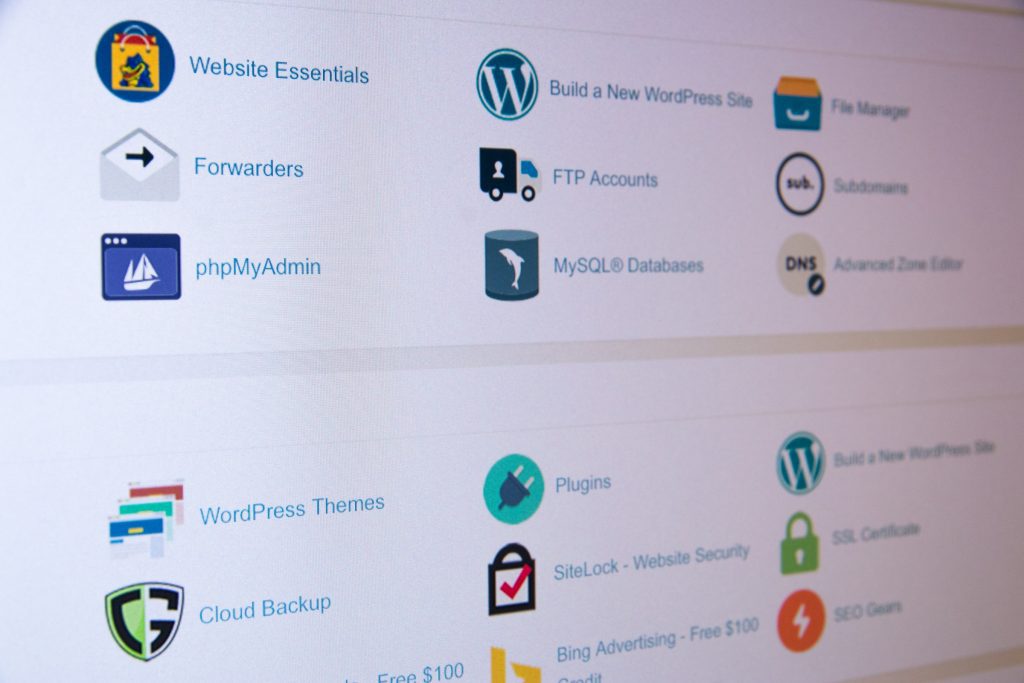Experts Warn Against Sharing Credit Card Details Online In These 4 Situations
Considering the ease with which we all process transactions with our credit cards these days, you can be forgiven if you easily throw in your credit card information without thinking. After all, what could go wrong?

Well, according to experts, this way of thinking might not necessarily be right. Certainly, it may appear effortless to simply record your credit card details and disregard them. However, if you’re faced with any of these scenarios, then you might want to hold off on sharing your details.
When Using Unprotected Wi-Fi
At this point, anyone using unprotected, public Wi-Fi is already exposing themselves to a world of danger. However, for your own safety, you should never – as in, never – reveal or enter your credit card information if you’re using public Wi-Fi.
These Wi-Fi networks expose you to hackers. And, the moment these hackers find your credit card details, you become vulnerable to all forms of financial and identity theft.
If The Website Doesn’t Have SSL Encryption
Whenever you perform transactions on any website, Secure Socket Layer (SSL) encryption is one of the primary security protocols you want to look out for. And, if a website doesn’t have this certification, then you know you’re not dealing with a secure website.

For your own good, refrain from entering any form of data there – much less financial data.
If You Get Any Sketchy Emails
Emails have become a popular way through which hackers process their scams. And, if you find a suspicious-looking email that tells you to enter your email or credit card details, refrain from proceeding.
In today’s times, phishing scams have gained significant prominence, leading to the annual theft of billions of dollars. Remain vigilant and ensure you do not fall prey to them unexpectedly.
If You Suspect The Website

Whenever you’re browsing, it is very important to trust your gut. If you notice that there’s something off about a website, then you want to refrain from entering our financial information without being absolutely sure of its safety.
